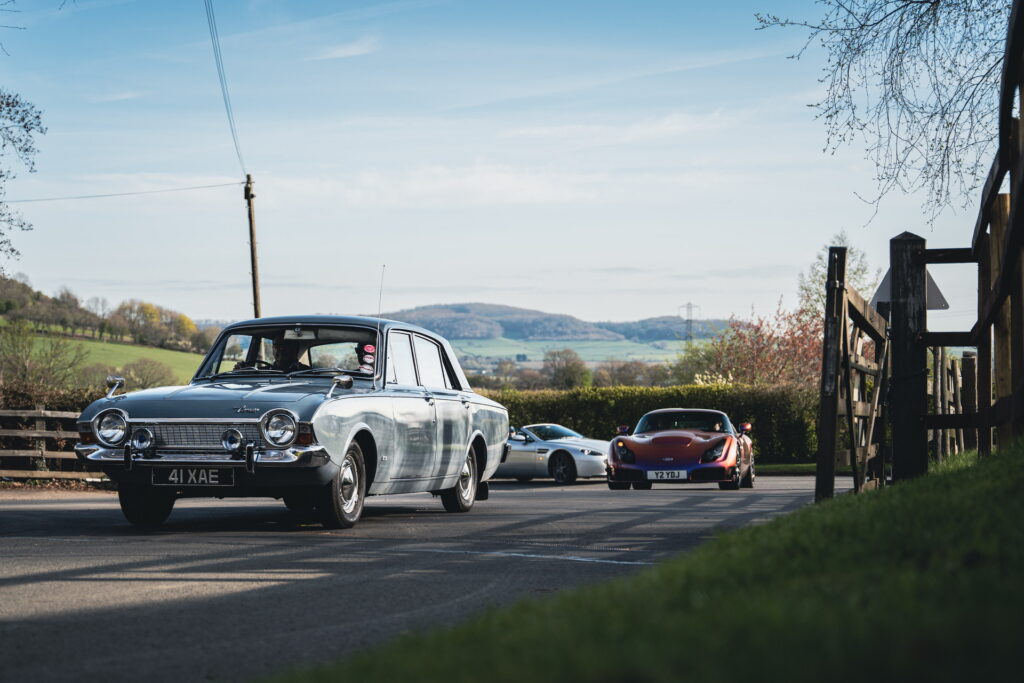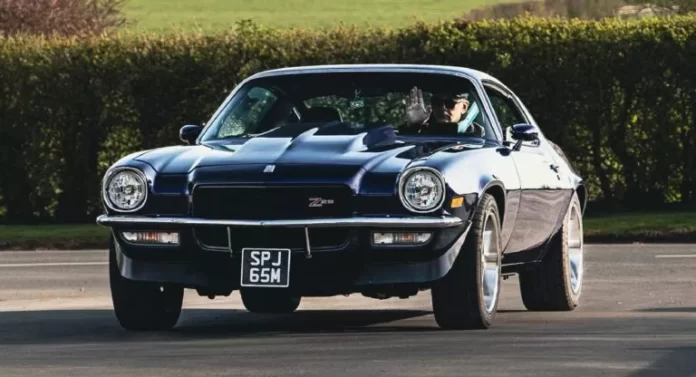According to a study by Footman James, a vintage and specialty vehicle insurance company, historic automobiles are less environmentally destructive than current vehicles, even electric ones. This conclusion is based on the fact that historic automobiles are seldom utilised throughout the year, in contrast to current cars, which are often used on a daily basis while emitting enormous amounts of carbon during their manufacture.
The typical vintage automobile in the UK generates 563 kilogrammes (1,241 pounds) of CO2 per year, according to the survey, since classic car owners drive them for an average of 1,200 miles (1,931 kilometres) every year. Modern automobiles emit substantially less CO2 per kilometre, but they are driven for much longer distances per year and have a huge carbon impact right out of the factory.
According to the study, the carbon footprint of a typical passenger car, such as the VW Golf, is 6.8 tonnes (14,991 pounds) of CO2. Before they even leave the plant, a contemporary battery-electric car like the Polestar 2 boosts this amount to 26 tonnes (57,320 pounds) of CO2, which is impossible to balance with zero-emission driving. The average historic automobile, by example, takes more than 46 years to reach the same 26-tonne CO2 total.
Read More: Audi A3 Confirmed To Get Next Gen As Entry-Level Car

To be fair, when manufacturers achieve their carbon-neutral output objectives somewhere in the next decade, this comparison will be completely different. Polestar has vowed to build the first carbon-neutral car by 2030, and many other businesses are aiming to reduce the carbon footprint of their manufacturing and facilities. Nonetheless, Volvo recently stated that the construction of an electric vehicle currently produces 70% more emissions than its ICE-powered counterpart, despite the fact that the carbon footprint throughout its whole lifespan is lower.
According to the Indicator Report, two-thirds of classic automobile owners are worried about climate change, and more than half of them would be willing to participate in emissions-reduction programmes. “It’s natural to think that historic automobiles are more destructive simply because of their older and less efficient engines,” said David Bond, managing director of Footman James. “However, the evidence in this analysis disproves that idea.” It’s all about how these vehicles are maintained and utilised; while new contemporary and electric automobiles may appear to be better for the environment on a daily basis, the issue is how big of an influence their manufacture has.”
Read More: Bentley R-Type Continental Was World’s Fastest Four …







